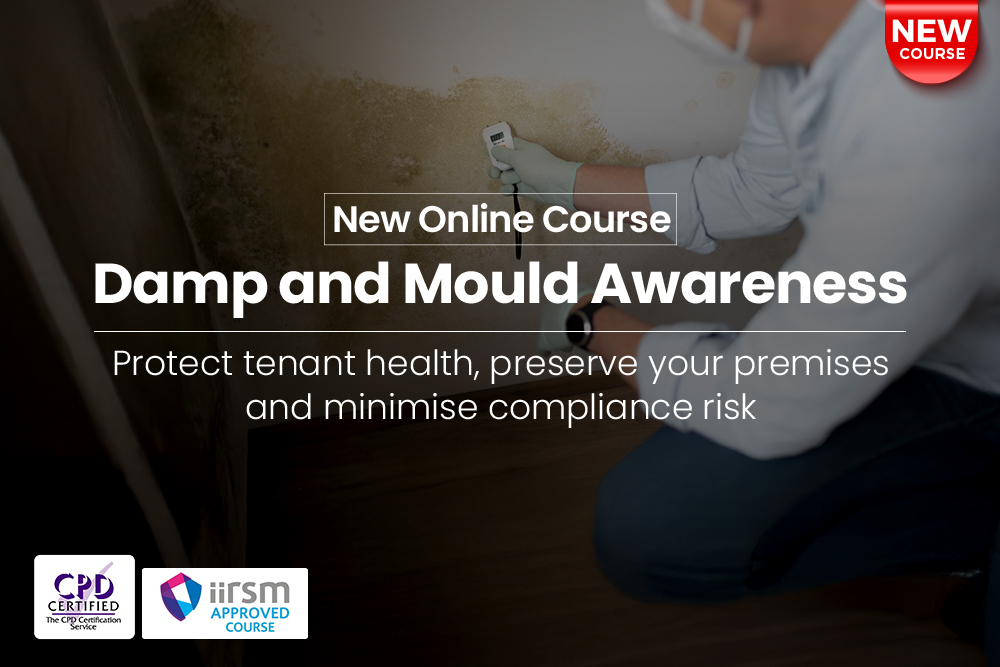
We all know that too much stress harms our health, but can stress cause diarrhoea? Along with placing pressure on the heart, raising our blood pressure and interrupting our sleep, stress can impact our gastrointestinal system.
If feeling stressed sends you running to the toilet, you could have a problem with stress diarrhoea. Correctly managing stress can help lessen the physical symptoms and help you avoid a case of runs. Keep reading to learn what triggers stress diarrhoea and what you can do about it.
Is Stress Diarrhoea Common?
OK, we’ll be honest. This isn’t the most pleasant subject to talk about. We know that diarrhoea doesn’t come up often in polite conversation. But, unfortunately, it’s a widespread condition which can have some nasty effects on your health.
It’s been estimated that there are 17 million cases and one million GP consultations about acute diarrhoea in the UK every year. The average Brit will likely experience an unpleasant bout of diarrhoea at least once a year. And it may not always be because they ate dodgy food or picked up a tummy bug. Being overloaded with stress can cause you to have diarrhoea.
Why Does Stress Diarrhoea Happen?
For many people, stress diarrhoea is an unpleasant side effect of feeling under pressure, overwhelmed, or overly anxious. Unfair, right?
When stress levels peak, it can trigger cramping, abdominal pain and a rather urgent need to relieve oneself. Instead of having a regular bowel movement, a stressed-out person may have watery, loose stools that won’t stop.
Which isn’t a lot of fun. But exactly why does our body react to stress by giving us diarrhoea? Shouldn’t the body act to make us feel better, not worse? Isn’t having to cope with stress enough without having to deal with diarrhoea as well? What is going on?
Stress Diarrhoea and the Gastrointestinal Tract
Turns out, it’s all to do with how sensitive our gastrointestinal (GI) tract is. The GI tract is composed of a highly complex nervous system that reacts to hormones sent out by the brain. This is what’s called the brain-gut connection.
When stressed, the body reverts to a primitive ‘fight or flight’ state. Our brain says, ‘Right, we’re under attack,’ and floods our systems with stress hormones like adrenaline, serotonin, and cortisol. The body prepares to either run for its life or fight to the death.
Our heartbeat goes up, our breathing becomes rapid, our attention becomes hyper-focused, blood races to our muscles, and the gastrointestinal tract stops processing food and focuses on getting rid of waste. The brain wants the GI tract to flush everything from our systems, so we’re ready to either leg it or throw a spear.
When our digestive system speeds up this way, the colon doesn’t have enough time to absorb water from our waste. This excess water results in loose, watery stools. Stress also causes the sympathetic nervous system to release hormones of its own. These hormones are what cause the ‘butterflies in the stomach’ effect.
So, when faced with a stressful situation, we may feel unwell and have to race off to the closest toilet. All because our primitive brain doesn’t realise that we’re just dealing with a difficult task or situation and aren’t fighting off a mastodon.
Symptoms of Stress Diarrhoea
How do you know that you’ve got stress diarrhoea and didn’t just forget to wash your hands before eating a cheap burger? First, take note of the precise physical symptoms that are going on. A person suffering from stress diarrhoea might experience one or more of the following symptoms:
- Tense muscles
- Neck pain
- Headaches and migraines
- Feelings of fatigue
- Increased irritability
- Depression
- Problems sleeping
- Feelings of restlessness
- Heightened anxiety
- Feelings of being overwhelmed
- Decreased sex drive

Suppose you’re experiencing any or a combination of the above and running to the loo every five minutes. In that case, you’ve probably got a case of stress diarrhoea. Generally, if you’ve passed over three watery stools on any day, you’ve got diarrhoea. Sorry about that.
Common Causes of Stress Diarrhoea
Stress is all too common. One in every 14 adults in the UK reports feelings of stress daily, according to a recent survey by HR experts Ciphr.
What causes feelings of stress varies from person to person. One person may feel like they can’t cope with a particular situation. At the same time, another may be able to breeze through the same problem without worry in the world.
Typical causes of stress include:
- Relationship issues
- Financial problems
- Major life changes
- Housing problems
- Loneliness
- Personal ill health or having a friend or relative who is ill
- Grief
But by far, workplace stress is the most significant cause of stress amongst adults in the UK. As recent survey figures show, 79% of UK adults commonly experience work-related stress.
How Hazardous is Stress Diarrhoea to Your Health?
Stress diarrhoea that lasts for two to four days or longer can pose a real threat to your health. Constant diarrhoea depletes the body’s water reserves, so it can cause dehydration.
Since stress diarrhoea results from our bodies rapidly processing food, it stops us from absorbing all the vitamins and minerals we need. A person with chronic diarrhoea can wind up suffering from malnutrition.
Periods of intense, short-lived stress, known as acute stress, are common. We all experience acute stress occasionally. Generally, acute stress has no real adverse effects on our health as it passes relatively quickly.
But if you’re feeling stressed out all the time, then you could develop some serious health issues. Prolonged periods of continuous stress are known as chronic stress. Chronic stress can have a severe impact on your health.
Too much stress can result in
- heart disease
- high blood pressure
- sleeping problems
Chronic stress can even leave you more susceptible to stroke and some forms of cancer.
How Long Does Stress Diarrhoea Last For?
The severe symptoms of stress go away once our bodies have switched from fight or flight mode back into a more normal state. So, in most cases, episodes of stress diarrhoea only last for a day or two.
If you’re experiencing intense feelings of stress accompanied by diarrhoea for longer than four days, you should consult a doctor. If you see any blood in your stool, have dark or tarry-coloured stools, are vomiting or have intense stomach cramps, seek medical assistance.
How to Treat and Manage Stress Diarrhoea
If you’ve got a bout of stress diarrhoea, the most important thing to do is stay hydrated. Drink lots of water and try to boost your potassium levels with orange, pomegranate, or tomato juice.
Don’t attempt to eat spicy or rich foods, as this will put extra strain on your GI system. Instead, snack on bland, easily digestible carbohydrates like plain cooked pasta, potatoes or rice. Soups are also a good way of replacing fluids and boosting your salt levels; don’t go for anything too adventurous!

Managing stress and anxiety will help you to avoid the unpleasantness and inconvenience of stress diarrhoea. Lowering your stress levels can be done by identifying triggers that cause you to feel stress and avoiding these whenever you can.
Of course, it’s not always possible to avoid stressful situations. Stress reduction techniques like controlled breathing exercises can help you to calm yourself during stressful moments. Taking time out to destress by meditating, doing yoga, exercising, listening to music, or having a hot bath can also help our bodies wind down from fight or flight mode.
Other ways to reduce stress include:
- Getting enough sleep
- Exercising regularly
- Cutting back or quitting smoking
- Drinking less alcohol
- Seeking support from family or friends
People who suffer from chronic stress may find it helpful to talk with a medical professional or seek counselling from a qualified therapist.
Learn More About Managing Work-Related Stress
Most work involves having to deal with some form of stress. However, too much pressure in the workplace can increase absenteeism, reduce productivity and generally make your employees miserable.
Conducting a stress risk assessment is the first step in lowering stress levels at work. Check out our stress awareness course to learn how to create a calmer, less stressful workplace.



























































































































































































































































































































































































































































































































































































































































































































































